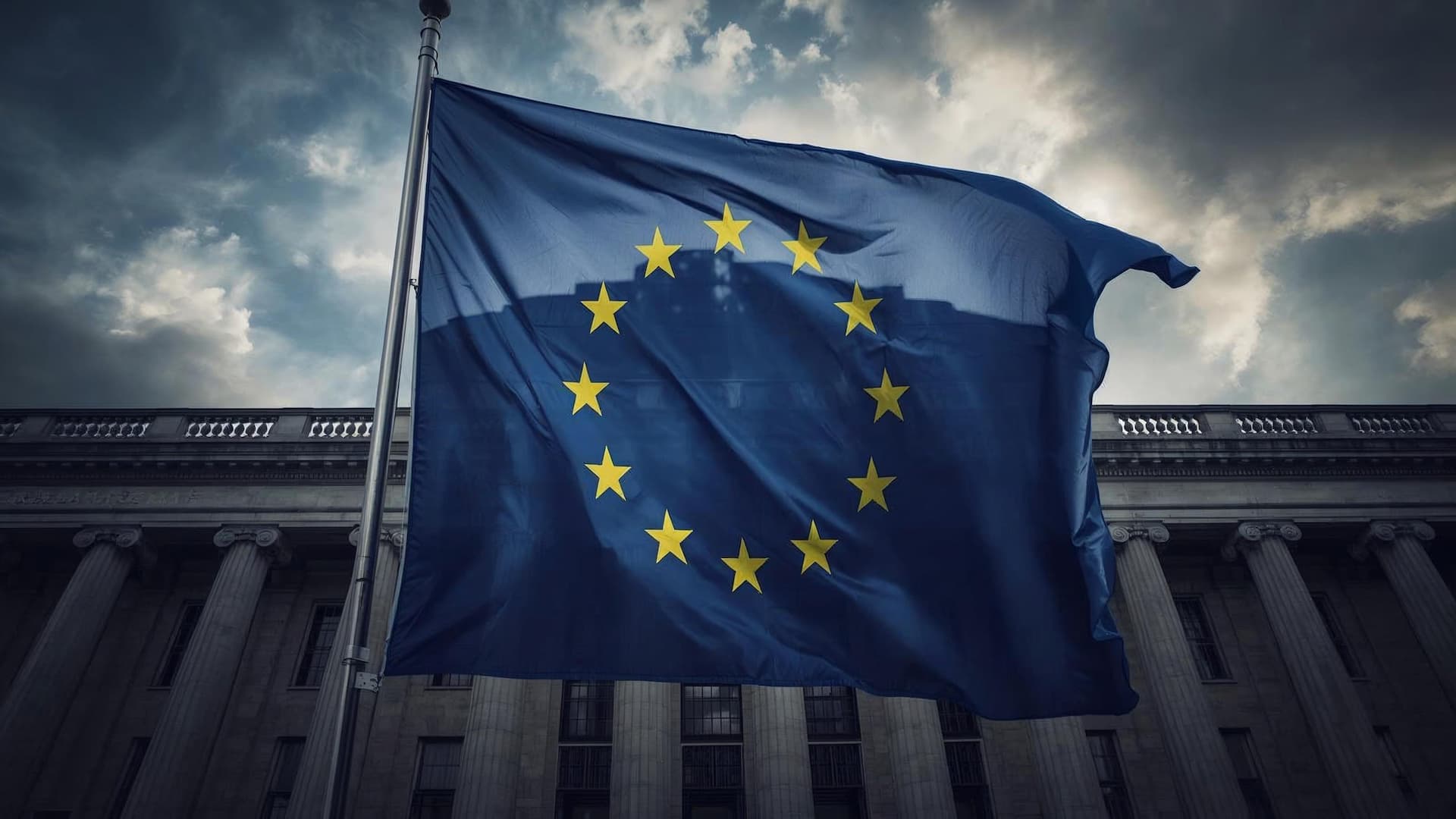The European Union is revisiting the idea of an EU-wide social media age restriction as several member states move ahead with national measures to protect children online. Spain, France, and Denmark are among the countries considering the enforcement of age limits for access to social platforms.
The issue was raised in the European Commission’s new action plan against cyberbullying, published on Tuesday. The plan confirms that a panel of child protection experts will advise the Commission by the summer on possible EU-wide age restrictions for social media use.
Commission President Ursula von der Leyen announced the creation of an expert panel last September, although its launch was delayed until early 2026. The panel will assess options for a coordinated European approach, including potential legislation and awareness-raising measures for parents.
The document notes that diverging national rules could lead to uneven protection for children across the bloc. A harmonised EU framework, the Commission argues, would help ensure consistent safeguards and reduce fragmentation in how platforms apply age restrictions.
So far, the Commission has relied on non-binding guidance under the Digital Services Act to encourage platforms such as TikTok, Instagram, and Snap to protect minors. Increasing pressure from member states pursuing national bans may now prompt a shift towards more formal EU-level regulation.
Would you like to learn more about AI, tech, and digital diplomacy? If so, ask our Diplo chatbot!









